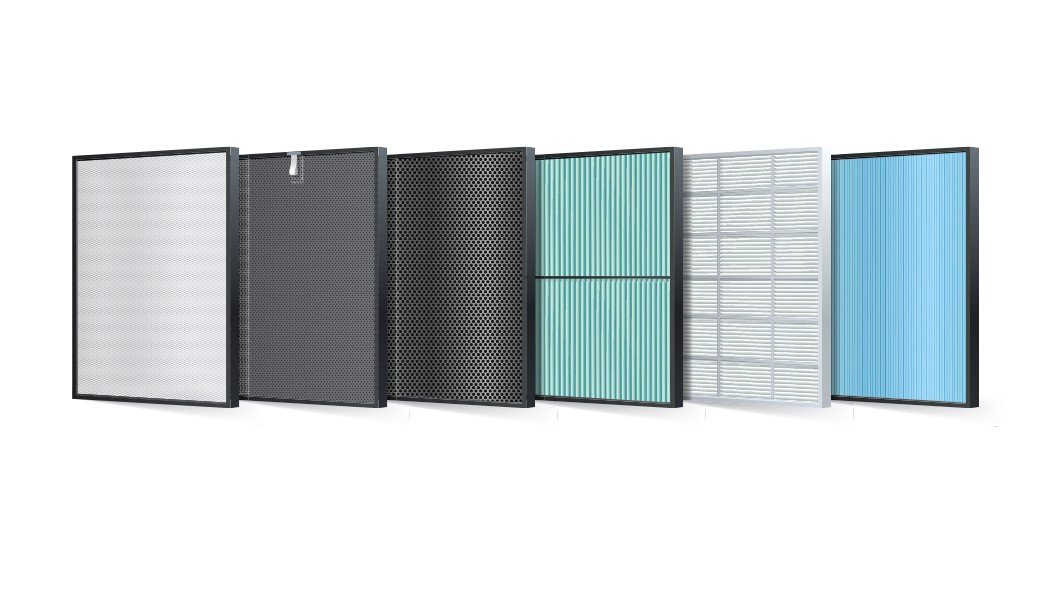One of the best water filter maintenance tips you can follow is to clean your water filter regularly. Over time, sediment, minerals, and other impurities can build up in your filter, which affects its performance. A clean filter not only improves the taste and quality of your water but also extends the life of the filter itself.
How often you should clean your filter depends on the type of filter you have and how much water you use. For example, if you use a pitcher filter daily, you might need to clean it every month. On the other hand, whole-house filters can often go a few months before needing maintenance. Always check the manufacturer's guidelines to ensure you're keeping your filter in peak condition.
The cleaning process is usually straightforward. For many types of filters, you can simply remove the cartridge and rinse it under running water. Some filters also require a soak in a vinegar solution to help remove any stubborn buildup. Be careful not to use harsh chemicals that could affect the filter’s material or your water quality.
Regular cleaning not only enhances the filter's efficiency but also reduces the possibility of bacteria and mold growth. When you keep up with these water filter maintenance tips, you ensure safer and tastier water for you and your family.
Replace Filters As Recommended
When it comes to effective water filter maintenance tips, one of the most crucial aspects is knowing when to replace your filters. Regularly replacing your water filters as recommended ensures that your system runs efficiently and provides clean, safe drinking water. Neglecting this step can lead to reduced water quality and even damage to your filtration system over time.
Each type of water filter has its own replacement schedule based on usage and the specific model. For example, pitcher filters may need to be changed every two months, while under-sink filters might last up to a year. Always refer to the manufacturer’s guidelines to determine the best time for a replacement. Mark your calendar with these replacement dates to help you stay on track and effectively manage your water filter maintenance.
Additionally, keep an eye on any indicators your water filtration system may have. Some advanced systems come equipped with filter change alerts that notify you when it’s time for a replacement. If your system does not have this feature, look for signs like reduced water flow or a change in taste or odor. These symptoms can signal that your filter is no longer effectively filtering out contaminants.
Remember, failing to replace filters on time can lead to the growth of bacteria and other unwanted substances in your drinking water. Make filter replacement a priority in your home maintenance routine. By incorporating these water filter maintenance tips into your schedule, you'll ensure that you and your family have access to the cleanest and safest water possible.
Check Water Quality Often
One of the most important water filter maintenance tips is to check your water quality often. Regular testing helps you understand the effectiveness of your filter and ensures that your drinking water is safe and clean. It’s easy to forget about this step, but staying vigilant can prevent potential issues down the line.
To get started, consider testing your water at least every few months. You can purchase a simple water testing kit from a hardware store or online. These kits can measure various contaminants, including lead, chlorine, and bacteria. By keeping track of these results, you can spot any changes that may indicate your filter is no longer doing its job effectively.
If you notice any unexpected changes in taste, odor, or color of your water, it’s a good idea to test it right away. These changes can be signs that your filter is overloaded or that there is an issue with your water source. By being proactive and following these water filter maintenance tips, you can address problems before they affect your health.
Additionally, don't hesitate to reach out to your local water utility or a professional for assistance if you suspect any serious contamination. Knowledge is power when it comes to maintaining your water quality, and regular checks play a key role in keeping your filter and your water at their best.
Store Filters Properly And Safely
When it comes to water filter maintenance tips, storing your filters properly is crucial for ensuring their longevity and effectiveness. Filters can be sensitive to temperature, humidity, and light, so finding a suitable storage environment is key. Ideally, keep them in a cool, dry place away from direct sunlight. A kitchen cabinet or a pantry is often perfect for this purpose.
Additionally, make sure to store your filters in their original packaging or in an airtight container. This will help protect them from dust, dirt, and any potential contaminants. If the filters come with expiration dates, it’s wise to keep track of these and use them before they expire. Always check for any visible signs of damage or wear before installation as well, as this can greatly affect their performance.
Lastly, consider labeling your stored filters, especially if you have multiple types or sizes. This simple organizational tip can save you time and effort when it comes time to replace the filter. By adhering to these water filter maintenance tips regarding storage, you’ll ensure that your filters work efficiently and last as long as possible, ultimately providing you with clean and safe drinking water.
